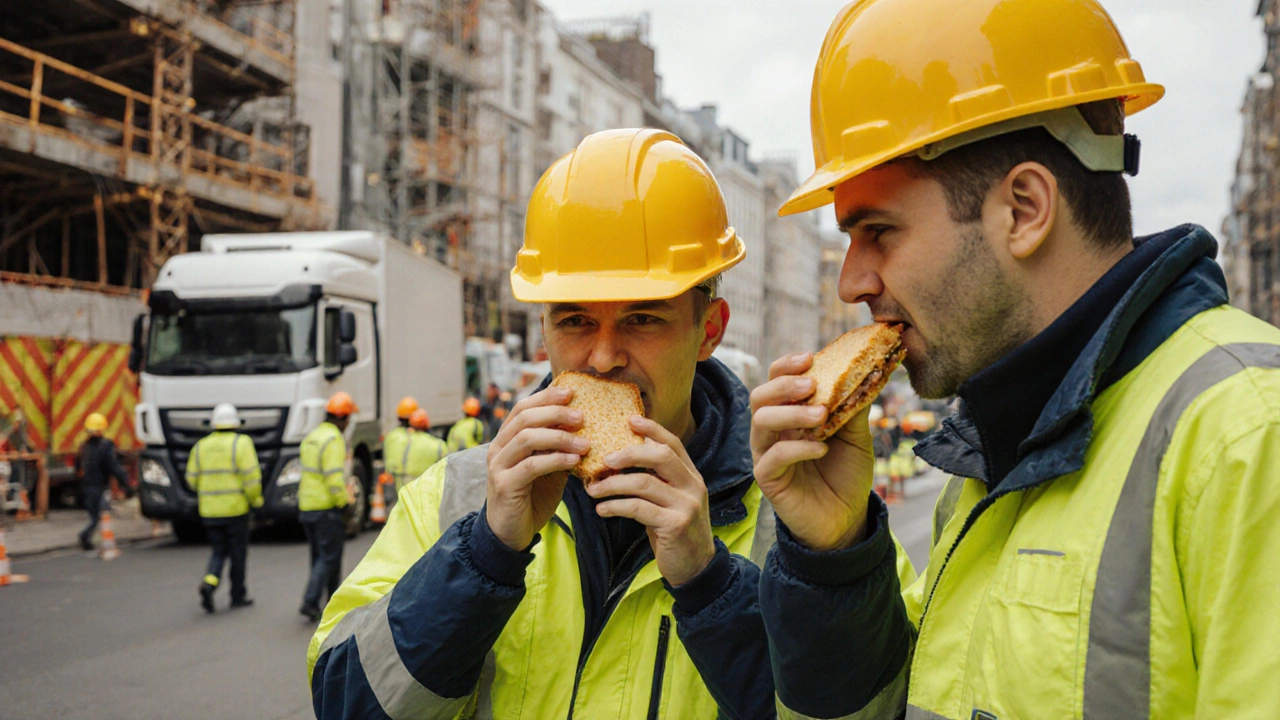Electoral Commission – What You Need to Know
Ever wonder who makes sure UK elections run smoothly? That’s the Electoral Commission. It’s the independent body that sets the rules, checks the numbers, and helps keep voting fair. If you’re curious about why your ballot looks the way it does, or how new voting laws might affect you, you’ve landed in the right place.
On this page we’ll break down the basics, highlight the biggest stories from the last year, and give you quick tips on staying updated. No jargon, just plain English you can use the next time you head to the polling station.
Why the Electoral Commission Matters
The Commission does three things that touch every voter. First, it registers parties and candidates, so you only see legitimate choices on your ballot. Second, it enforces campaign finance rules, making sure money doesn’t buy an unfair advantage. Third, it runs voter education campaigns that explain how to register, where to vote, and what ID you might need.
Because of these duties, any change in the Commission’s policy can ripple through local councils, national elections, and even referendums. For example, the recent push for online voter registration was driven by a commission report that showed a 25% drop in young‑adult turnout. When the Commission recommends a new rule, media outlets and local authorities usually follow suit.
How to Stay Informed
Keeping up with election news doesn’t have to be a chore. The easiest way is to sign up for the Commission’s email alerts – they send a short summary whenever a major decision is made. You can also follow the official Twitter account for real‑time updates and links to easy‑to‑read guides.
If you prefer reading, check out the ‘News’ section on the Commission’s website. They categorize stories by topic, so you can jump straight to “voter registration” or “campaign finance”. For a deeper dive, the annual “Electoral Integrity Report” offers charts and plain‑language explanations of how the last election performed.
Local community groups often host Q&A sessions around election time. Attending one of these events gives you a chance to ask specific questions, like whether you need a photo ID for your next local council vote. It’s also a good excuse to meet fellow voters who share your interests.
Finally, don’t overlook mainstream news. Most reputable outlets will cite the Electoral Commission when reporting on swing seats, voter turnout, or any controversy about vote counting. A quick scan of the headlines can alert you to any big changes that might affect your ballot.
Bottom line: the Electoral Commission is the behind‑the‑scenes watchdog that keeps British democracy ticking. By knowing what it does and how to follow its updates, you’ll be better prepared for every election, from the local parish council to the general election. Stay curious, stay registered, and let the Commission do the heavy lifting so you can focus on making your voice heard.
UK Voter ID Campaign Rolls Out Ahead of Historic 2024 General Election
The Electoral Commission launched a massive multi‑platform push to alert voters that photo ID will be required for the first time nationwide in the 2024 UK general election. Bright sticky‑note billboards, gaming ads, and a free Voter Authority Certificate were central to the effort. Targeted messaging aimed at young people, ethnic minorities and other groups tried to close the remaining awareness gap, especially in Scotland.
